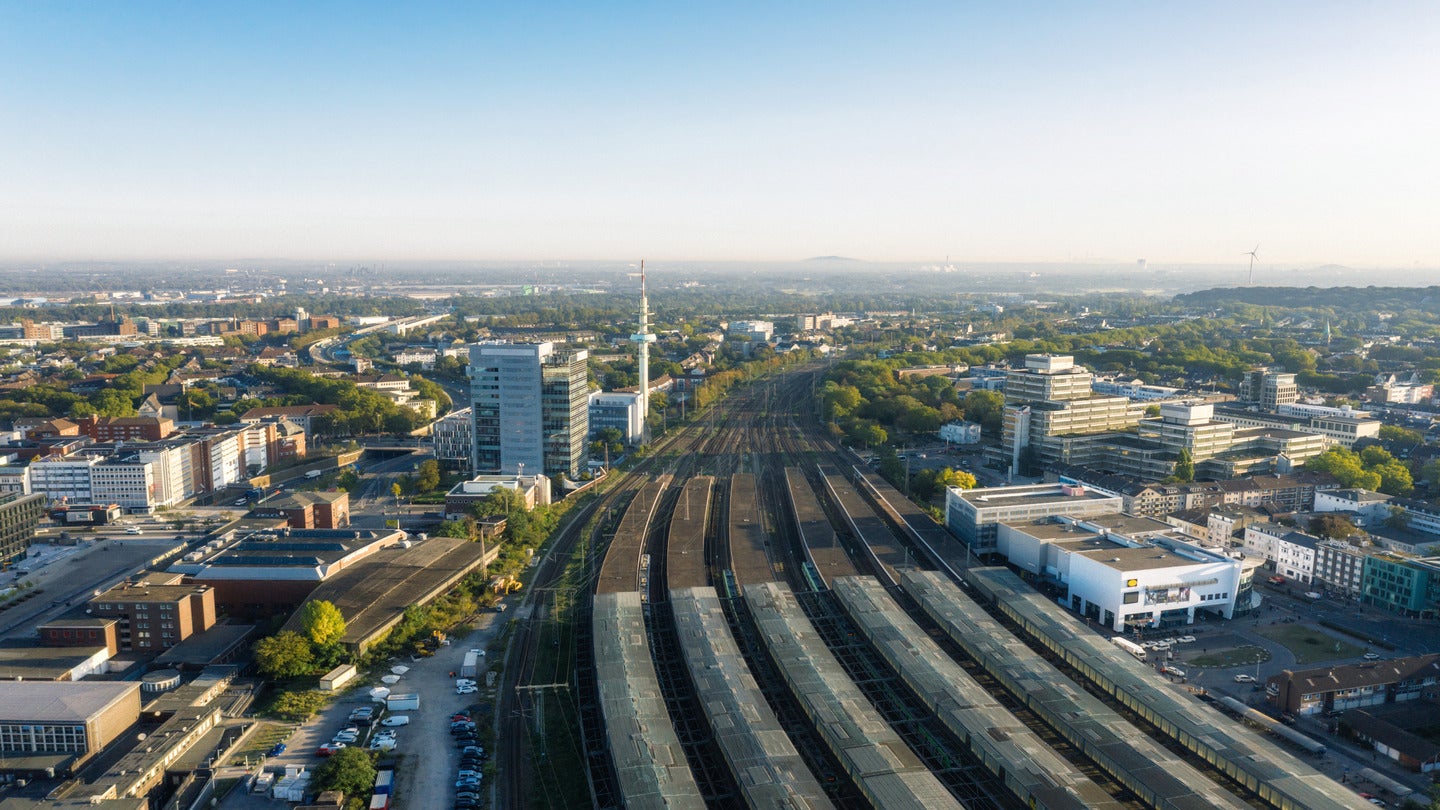
More than 1.08 million TEUs of freight have been transported between China and Europe in the first seven months of 2023, a year-on-year rise of 27%, according to state-owned China Railway Group Ltd (CRGL).
Deals between Chinese and European companies have become increasingly frequent, with German companies including HV Capital and Cherry Ventures following a trend of Sino-European transport deals.
Chinese giants Sequoia Capital, Legend Capital, Qingsong Fund and Hillhouse Capital Group are also noticeably active in transport deals, according to GlobalData’s Deals Database.
These four companies make up ten of the most active private equity investors in Chinese-European transport dealings. German railway companies account for three of the top ten.
Germany links China to Europe
CRGL attribute the increase to various rail initiatives, notably including the opening of the Shenyang Puhe station in March. Yearly, it is capable of handling 1,500 freight trains between China and Europe – as well as sharing facilities for customs and railway security.
The station is a terminus of the Shenyang-Duisburg line. A 12-day train route into western Germany, this service was increased at the start of the year from one train per week to two trains in each direction. It is operated by the China-Europe Railway Express.
Located at the junction of the Rhine and Ruhr rivers, Duisburg is part of the heavily industrialised Rhine-Ruhr region that includes Cologne, Dusseldorf, Dortmund and Essen, and is the economic heartland of Germany.
It is a strategically significant city for trade via its two large harbours, the inner of which is one of the busiest inland ports in the world.
China-Europe Railway has set up terminal deals with nine other European cities, including Moscow and Hamburg, and ships goods to 50 cities worldwide across more than 20 countries.
These terminal and lines are part of Beijing’s wider Belt and Road Initiative (BRI), which invested $67.8bn in 2022. Germany is not formally a partner in the BRI, but neighbouring Poland, Czech Republic and Austria all are.
Our signals coverage is powered by GlobalData’s Thematic Engine, which tags millions of data items across six alternative datasets — patents, jobs, deals, company filings, social media mentions and news — to themes, sectors and companies. These signals enhance our predictive capabilities, helping us to identify the most disruptive threats across each of the sectors we cover and the companies best placed to succeed.




